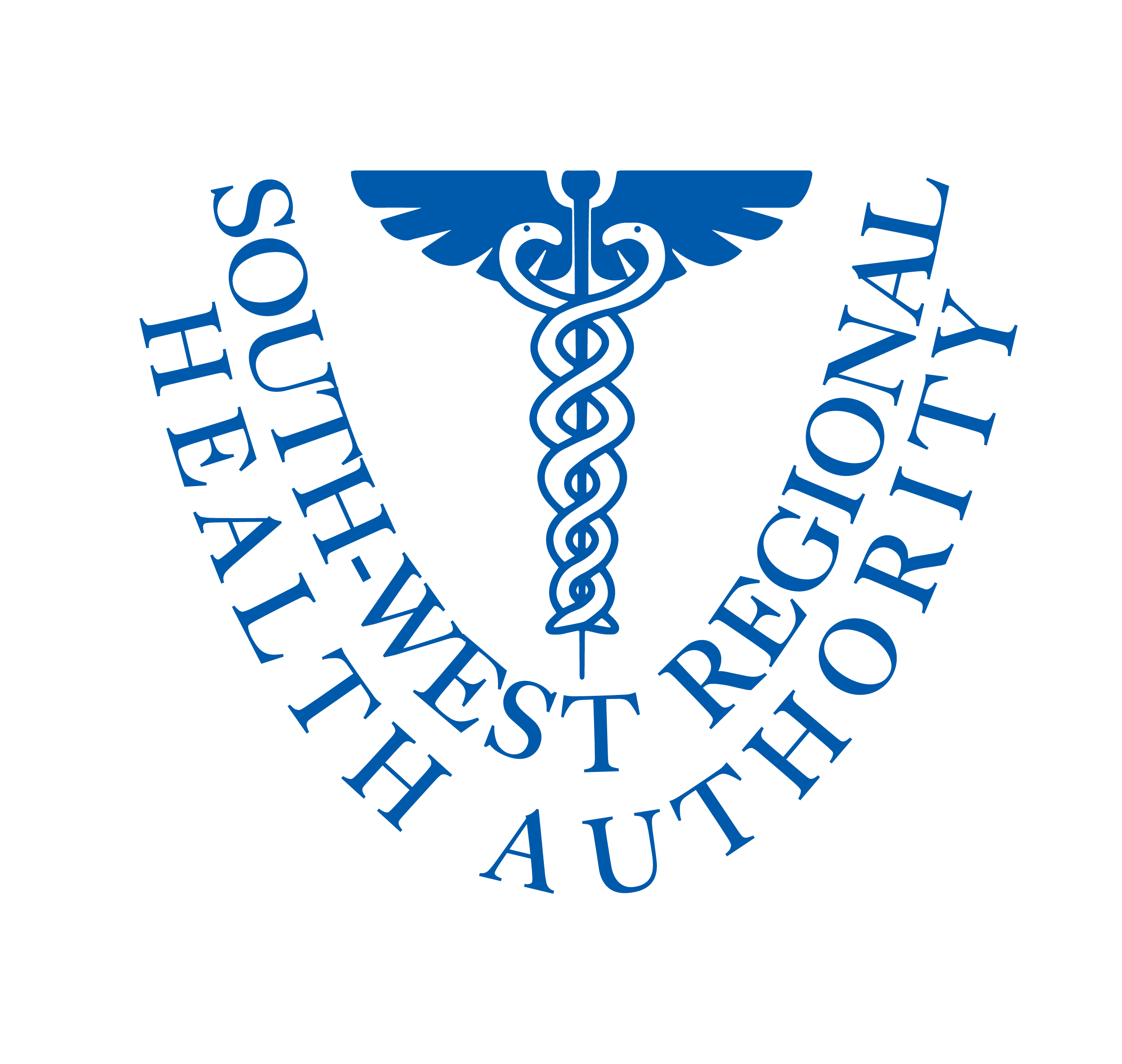MoH Media Release: FAKE NEWS: Deaths from Leptospirosis
Port of Spain, 24th October, 2018: The Ministry of Health notes, with concern, the social media video of a news report alleging that there have been recent deaths from Leptospirosis at the San Fernando General Hospital.
Members of the public are asked to note that is based on an old news report and therefore sharing the video encourages public misinformation.
The Ministry of Health reiterates that, at this time, there are no confirmed reports of death due to the current flooding.
The public is urged, instead, to share the following public health information
The risk of the infectious disease Leptospirosis is especially high in flood situations. Leptospirosis is spread by bacteria and, once diagnosed early, it can be treated. Leptospirosis is spread through the urine of infected animals (usually rodents, dogs, farm animals and horses). Animals and humans become infected by direct contact, by drinking or inhaling the infected urine, or water contaminated by urine.
In humans, Leptospirosis can cause a wide range of symptoms, including:
- High fever
- Headache
- Chills
- Muscle aches
- Vomiting
- Jaundice (yellow skin and eyes)
- Red eyes
- Abdominal pain
- Diarrhea
- Rash
Many of these symptoms can be mistaken for other diseases. In addition, some infected persons may have no symptoms at all. The time between a person’s exposure to a contaminated source and becoming sick is 2 days to 4 weeks. Illness usually begins abruptly with fever and other symptoms.
If you believe that you may have Leptospirosis please visit your nearest health centre or your doctor immediately.
To reduce the risk of Leptospirosis, members of the public should:
- Avoid contact with animal urine, especially if you have cuts or abrasions of the skin.
- Avoid contact with potentially contaminated water (e.g. streams, rivers and ponds)
- If working in areas that may be prone to contamination, wear protective clothing such as boots, aprons, eye protection, or
face masks. - Consume only clean drinking water
- Inspect food carefully to determine if it may have come into contact with flood water. Discard open containers, packages and foods contained in bags, paper, cloth, fiber or cardboard boxes e.g. flour, cereal, rice even if the packages were sealed.
- Throw away fresh fruits, vegetables, fish and meat that may have come into contact with flood waters.
- Canned food items may be safe for consumption but persons are advised to remove labels and disinfect cans thoroughly with a bleach solution before opening.
The Ministry again asks members of the public to support relief efforts and refrain from spreading rumors of this kind. Public health officials and NGO bodies are going beyond the call of duty to offer care and service to those in need. Rumors of this kind thwart the efforts of the medical support team as resources must be re-directed from providing care to investigate each allegation.
###





